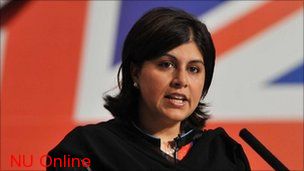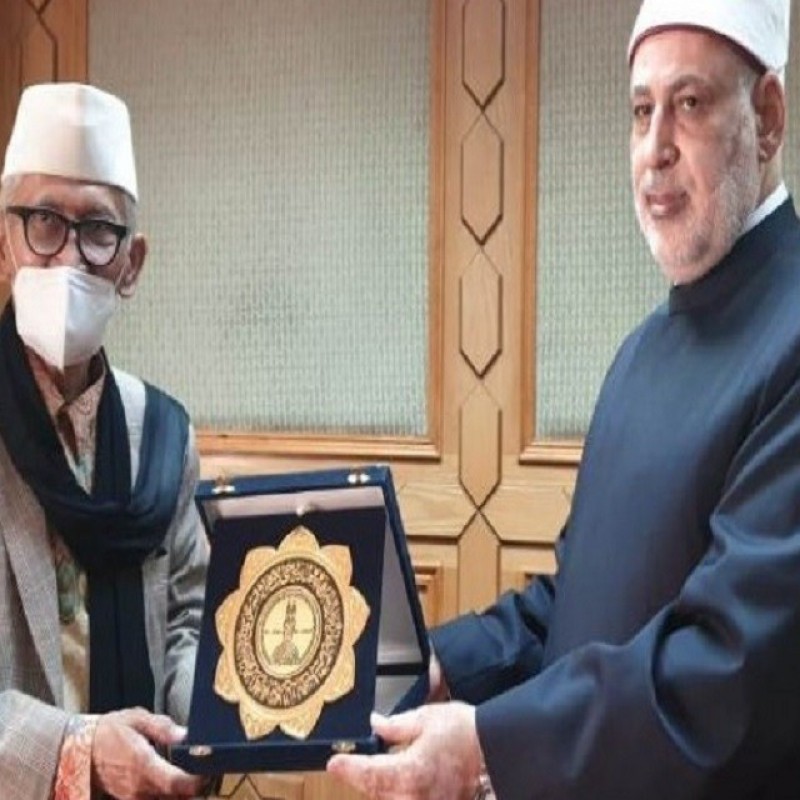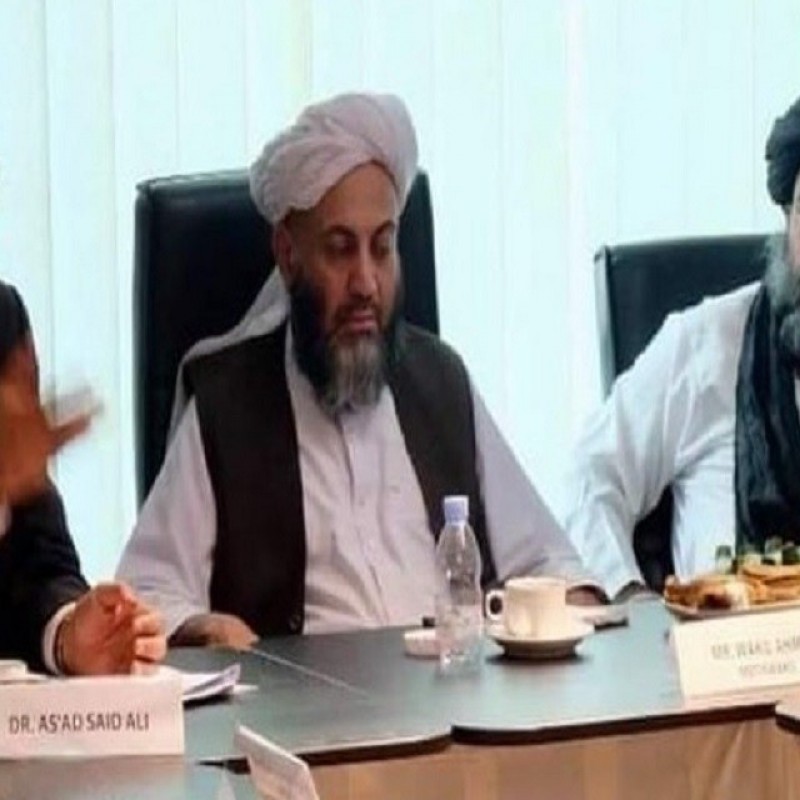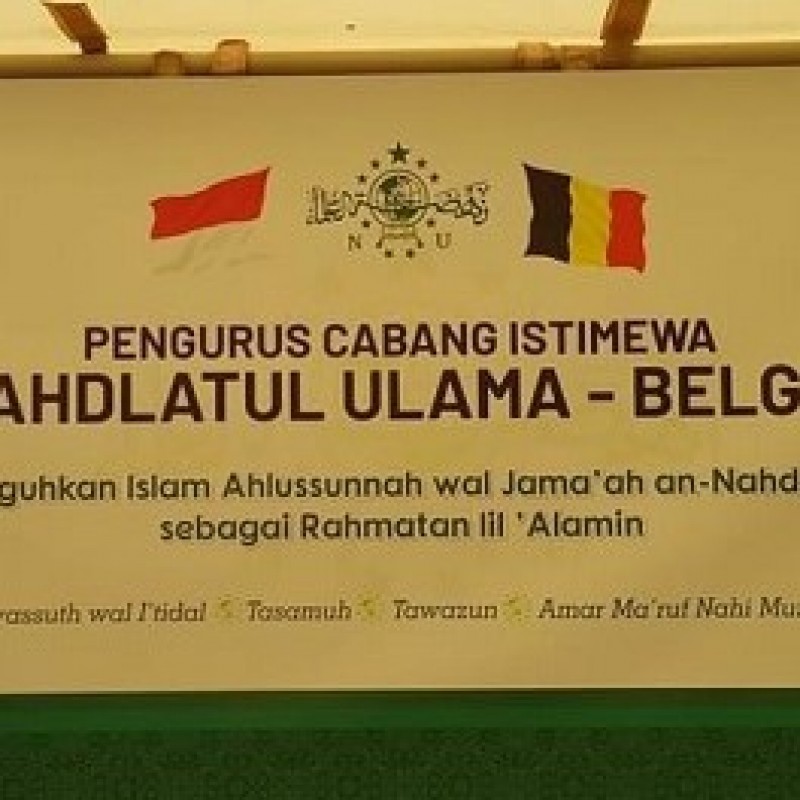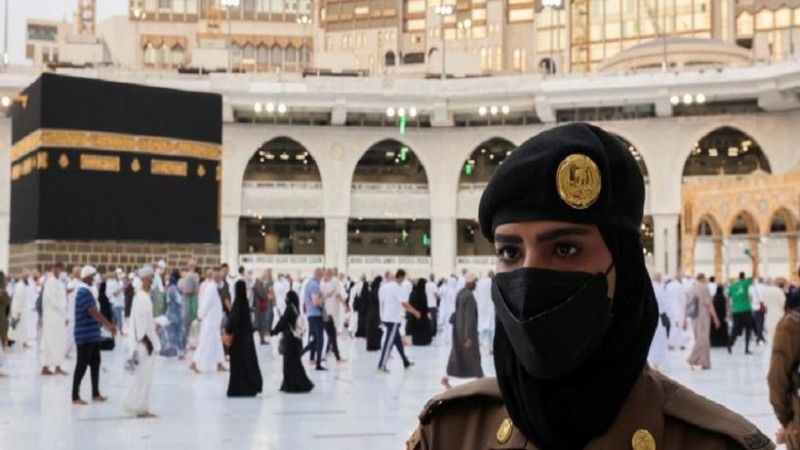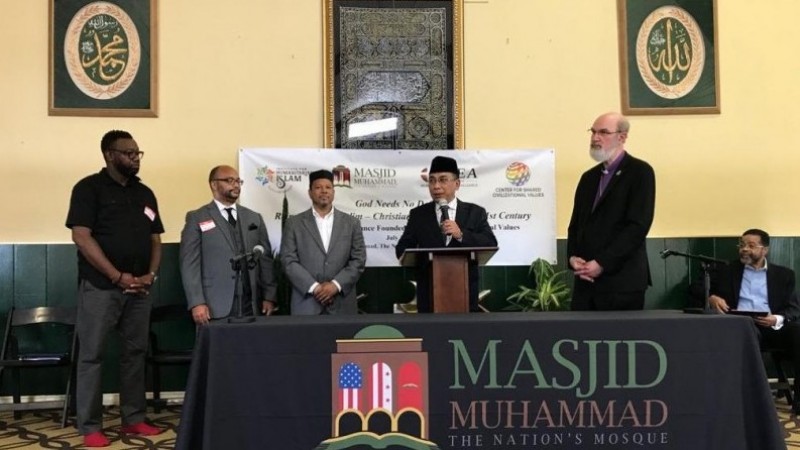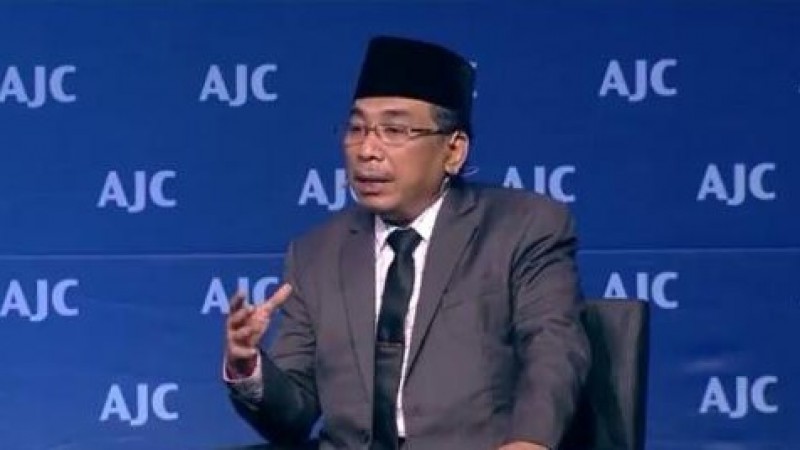Lady Warsi blasts gov’t approach on Muslims
NU Online · Ahad, 25 Januari 2015 | 14:56 WIB
London, NU Online
Lady Warsi has blasted the UK coalition government over its failure to engage with the Muslims community, blaming their approach for fueling anti-Islam resentment among Britons.<>
“For nearly six years… governments have adopted a policy of non-engagement with a wide range of Muslim community organizations and activists,” Warsi wrote to the Observer on Sunday, January 25.
“Many groups and individuals have been defined as “beyond the pale”. Indeed, the coalition even set up a high-level committee to decide whether a group or individual was someone ministers could engage with.
“While there are many groups that government should not fund or take as partners, I do not believe government should disengage from large sections of any community,” she added.
Warsi’s comment is her first major intervention on the relationship between Muslims and the government since she resigned from the cabinet five months ago.
She accused the coalition’s policy of non-engagement of causing deep unease and resentment towards the government.
The government’s response to the dangers of extremists was reduced, she writes, to a “dangerously narrow engagement… a dozen people for a community of over 3 million”.
Warsi decided to speak out after communities secretary Eric Pickles wrote last Monday to more than 1,000 Islamic leaders calling on British Muslims to “explain and demonstrate how faith in Islam can be part of British identity”.
The letter has angered Muslim leaders for being unjustly singled out to be associated with radicals.
“The reality is if you haven’t cultivated a friendship, if you haven’t fostered trust, then a letter out of the blue to a mosque… with whom government has refused to engage creates a climate where even the most benign of correspondence can become toxic,” Warsi wrote.
British Muslims are estimated at nearly 2.7 million.
Last week, British Prime Minister David Cameron said he will be seeking the introducing "more comprehensive" powers to monitor terror suspects in Britain.
Cameron said that in case he wins the next election, he will introduce a communication data bill dubbed the "snooper's charter" that will give police a sweeping power to monitor online communications.
Calls by Cameron for an immediate revival of the snooper's charter were rejected by the Labors and civil liberties groups.
The British PM said at the weekend that he disagreed with Pope Francis’ remarks that people who insult religion could “expect to get punched.”
In November 2014, Cameron disclosed that British fighters travelling abroad to take part in the conflict in Syria and Iraq could be prevented from returning to the UK under a new Counter Terrorism Bill.
Under new “exclusion orders” announced by Cameron, suspected fighters would be barred from returning to Britain unless they agreed to be placed under strict controls.
Rights groups criticized the new proposals as being unjust and warned they were pushing Britain into becoming a “police state”.
Editing by Sudarto Murtaufiq
Terpopuler
1
Khutbah Jumat: Ramadhan dan Kesempatan yang Tidak Selalu Terulang
2
Innalillah, Ulama Mazhab Syafii asal Suriah Syekh Hasan Hitou Wafat dalam Usia 83 Tahun
3
Kultum Ramadhan: Lebih Baik Sedikit tapi Istiqamah
4
Keluar Mani yang Tidak dan Membatalkan Puasa
5
Khutbah Jumat: Ramadhan, Melatih Sabar, Memperkuat Syukur
6
Khutbah Jumat: Tiga Kebahagiaan Orang Puasa
Terkini
Lihat Semua

